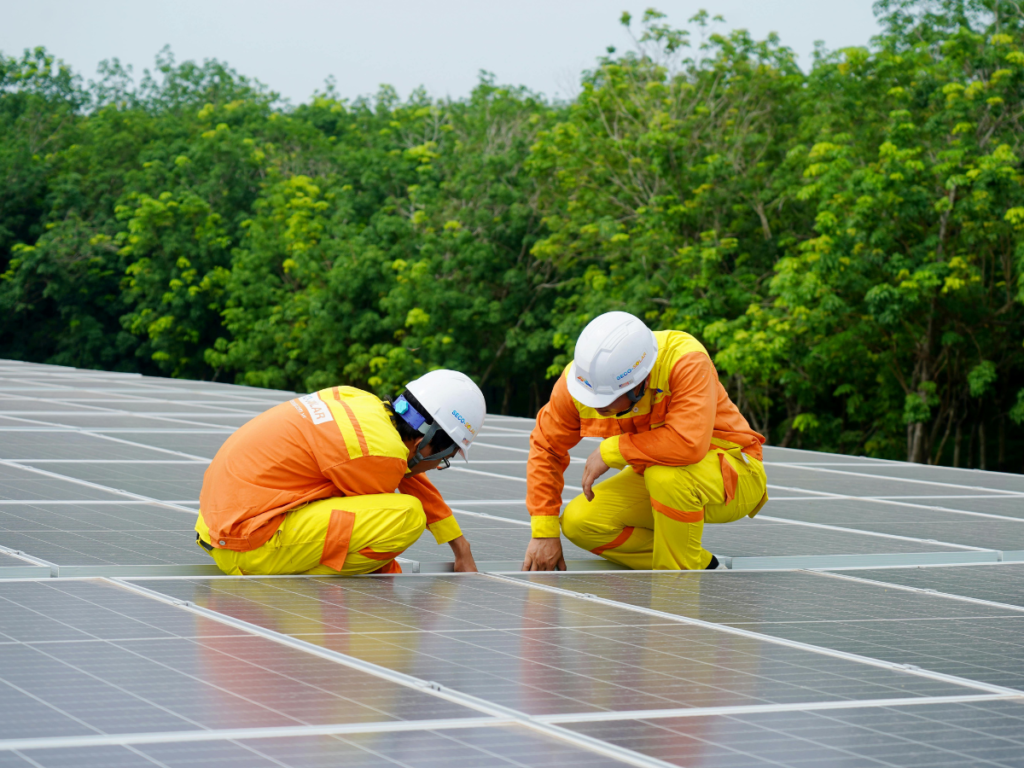The ASEAN Economic Ministers (AEM) officially endorsed the ASEAN Digital Economy Framework Agreement (DEFA) study on August 19, 2023, which was commissioned by the ASEAN Member States (AMS) and the Australia for ASEAN Futures Initiative (Aus4ASEAN Futures). The said framework is an initiative that aims to foster an integrated and cohesive digital economy across Southeast Asia. It seeks to create a comprehensive model that enhances digital connectivity, encompassing cross-border digital trade, e-commerce, digital payments, innovation, and artificial intelligence (AI).
If fully implemented, the DEFA would become the world’s first regional digital economic pact, spearheading collaboration and innovation in the digital sphere. By harmonizing regulations and standards, promoting interoperability, and fostering a supportive ecosystem for digital businesses, the DEFA has the potential to unlock significant economic opportunities and propel ASEAN into a leading role in the global digital economy.
The ASEAN Digital Economy is forecasted to reach 1 trillion USD by 2030, but the DEFA can double it to 2 trillion USD. In lower-middle income ASEAN countries, the value multiplier can reach 6.5 times, bringing positive economic growth to all AMS, especially to the emerging ones. Other benefits include
Job Creation

DEFA promises to spark a wave of job creation across the region. By fostering an environment conducive to digital innovation, entrepreneurship, and trade, DEFA would generate employment opportunities in various sectors of the economy.
One significant avenue for job creation lies in the realm of digital startups and small businesses. DEFA’s emphasis on supporting micro, small, and medium enterprises (MSMEs) through digitalization initiatives can empower entrepreneurs to launch new ventures and scale existing businesses, creating jobs and stimulating economic growth.
Moreover, DEFA’s focus on promoting cross-border digital trade and e-commerce presents opportunities for job creation in logistics, warehousing, and last-mile delivery services. As businesses expand their market reach beyond national borders, there will be a growing demand for skilled workers in supply chain management, transportation, and fulfillment operations. Additionally, digitalizing traditional industries, such as retail, manufacturing, and finance, is expected to drive demand for professionals with digital skills and expertise. From software developers and data analysts to digital marketers and customer service representatives, DEFA’s impact on job creation would be multifaceted and far-reaching.
Improved Resilience

DEFA is set to improve the resilience of the ASEAN region amidst different challenges like economic disruptions, natural calamities, and pandemics. By promoting digital transformation and innovation, DEFA helps ASEAN better adjust and react to these situations.
Since DEFA promotes diversification of economic activities through digitalization, which enables businesses to leverage digital platforms for sales, marketing, and operations, DEFA creates new avenues for revenue generation and market expansion. This diversification makes the ASEAN economy more resilient to external shocks, such as fluctuations in global demand or supply chain disruptions, by spreading risk across multiple sectors and markets.
DEFA also facilitates remote work and virtual collaboration, enabling businesses to maintain operations during crises that require physical distancing or mobility restrictions. Through the adoption of digital technologies such as cloud computing, video conferencing, and digital project management tools, businesses can ensure continuity of operations and minimize productivity losses during disruptions.
Environmental Sustainability

By promoting digitalization over traditional methods, DEFA can potentially reduce the environmental footprint associated with economic activities. Digital technologies can minimize the need for physical transportation and paper-based transactions, thus lowering energy consumption and greenhouse gas emissions.
Moreover, DEFA fosters innovation in green technologies and sustainable practices. By providing incentives for research and development in areas such as renewable energy, clean transportation, and circular economy models, DEFA promotes the transition towards a more sustainable and resilient economy. Digital platforms and marketplaces also facilitate the exchange of sustainable products and services, empowering consumers to make environmentally conscious choices and driving demand for eco-friendly solutions.
Undeniably, the ASEAN Digital Economy is ready to become a transformative force, driving growth and shaping the region’s future. By endorsing initiatives like the ASEAN Digital Economy Framework Agreement (DEFA), AMS can unlock vast opportunities for economic prosperity, innovation, and social inclusion. By harnessing the power of digital technologies, ASEAN is accelerating economic growth and fostering resilience, sustainability, and inclusivity across its diverse communities.
References:
The ASEAN Secretariat. (2023, August 19). Digital Economy Framework Agreement (DEFA): ASEAN to leap forward its digital economy and unlock US$2 Tn by 2030. https://asean.org/asean-defa-study-projects-digital-economy-leap-to-us2tn-by-2030/
The ASEAN Secretariat. (2024, February 1). The ASEAN Digital Economy Framework Agreement. https://theaseanmagazine.asean.org/article/the-asean-digital-economy-framework-agreement/
